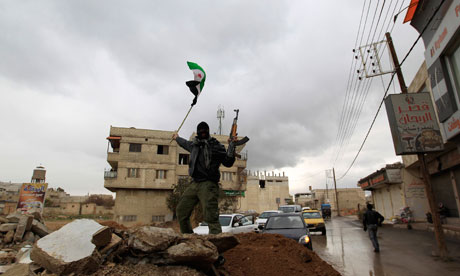By Paula Buzzi
Impunity Watch Reporter, South America
CARACAS, Venezuela — Mexico’s ambassador to Venezuela, Carlos Pujalte, and his wife were kidnapped by armed men on Sunday night and then released four hours later. Pujalte’s abduction is a troublesome trend in the recent string of high-profile kidnappings in Venezuela, a country now considered one of the most dangerous in Latin America.
Pujalte’s and his wife were leaving a reception in a wealthy Caracas neighborhood on Sunday night when four armed men seized them in their car and held them for four hours before safely releasing them in a slum before dawn on Monday. The kidnapping has been dubbed an “express kidnapping” because of it’s short duration. In express kidnappings, abductors hold their victims for a short period of time for lower ransom demands or simply to rob the victims.
The details surrounding the kidnapping and if any ransom was paid remain unsealed by Venezuelan authorities. According to the Venezuela’s government, security forces launched an operation which forced the armed men to free the Pujaltes. The vehicle used for the kidnapping was found in another part of the city.
Pujalte’s kidnapping highlights a troublesome trend in Venezuela where violent crime is routinely named a top concern for Venezuelans. Leaked government reports have shown that since President Hugo Chavez first took office 13 years ago, crime has surged with the number of murders per year doubling since 1999. According to Venezuelan Violence Observatory, a non-profit organization, at least 19,336 people were killed in Venezuela last year.
Pujalte is the seventh foreign officer who has been held hostage in less than one-year term. Last November, Chilean consul, Juan Carlos Fernandez, was kidnapped in Caracas and severely injured by his abductors before being released. Within the same week, Major League Baseball player, Wilson Ramos was kidnapped during his visit home and released two days later with the help of Venezuelan security forces.
Chavez, who is seeking his third six-year term, denies that crime in Venezuela has increased since he first took office, and instead, blames high crime rates on historical roots of lawlessness dating back to the administration of former President Carlos Andres Perez in the late 1980s.
Despite souring crime rates and violent crime being a top issue for Venezuelans, a recent poll by the local Hinterlaces company shows that Chavez’s approval rating remains high. As of recently, Chavez has a 64 percent approval rating, with 50 percent of those surveyed saying they would vote for him again in the up-coming presidential elections.
“Chavez supporters have a strong emotional attachment to him and this has led some of them to fail to assess the situation objectively despite the statistics and the growing evidence of the government’s responsibility (for the crime problem),” says Diego Moya-Ocampos, a Venezuelan analyst of the IHS Global Insight thinktank.
For further information, please see:
El Universal – Seven Kidnapped Diplomats in One Year in Venezuela – 31 January 2012
CNN – Officials: Mexico’s Ambassador to Venezuela Kidnapped, Freed – 30 January 2011
CBS News – Mexican Ambassador in Venezuela Kidnap Drama – 30 January 2012
Reuters – Mexican Envoy Kidnapped, Freed in Venezuela – 30 January 2012
The Wall Street Journal – Mexico Envoy to Venezuela Free After Kidnapping – 30 January 2012


